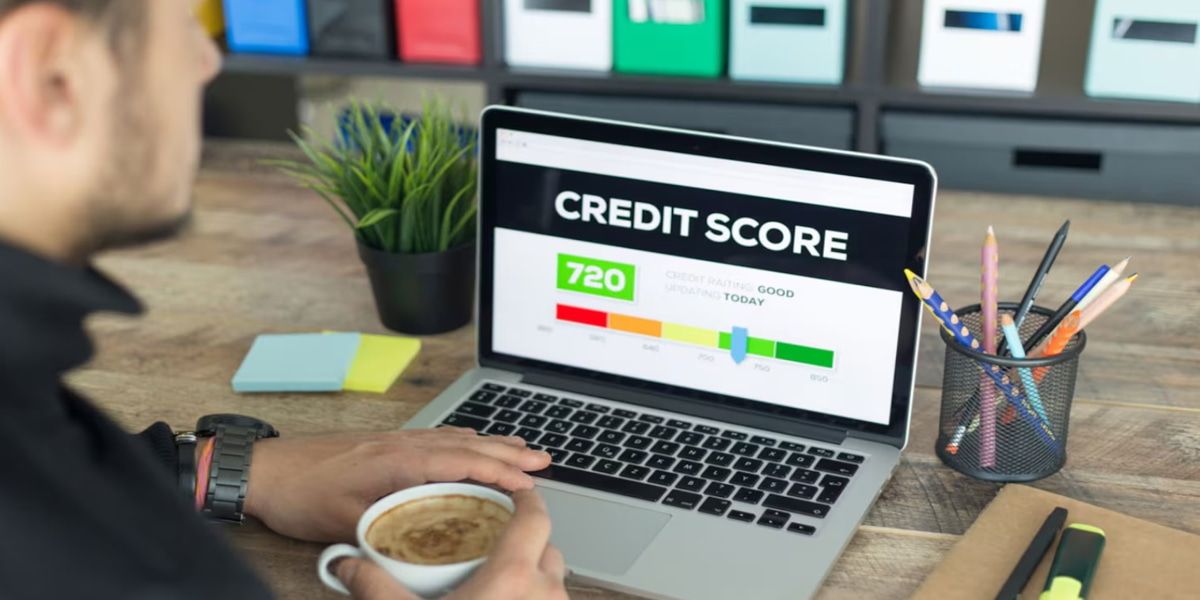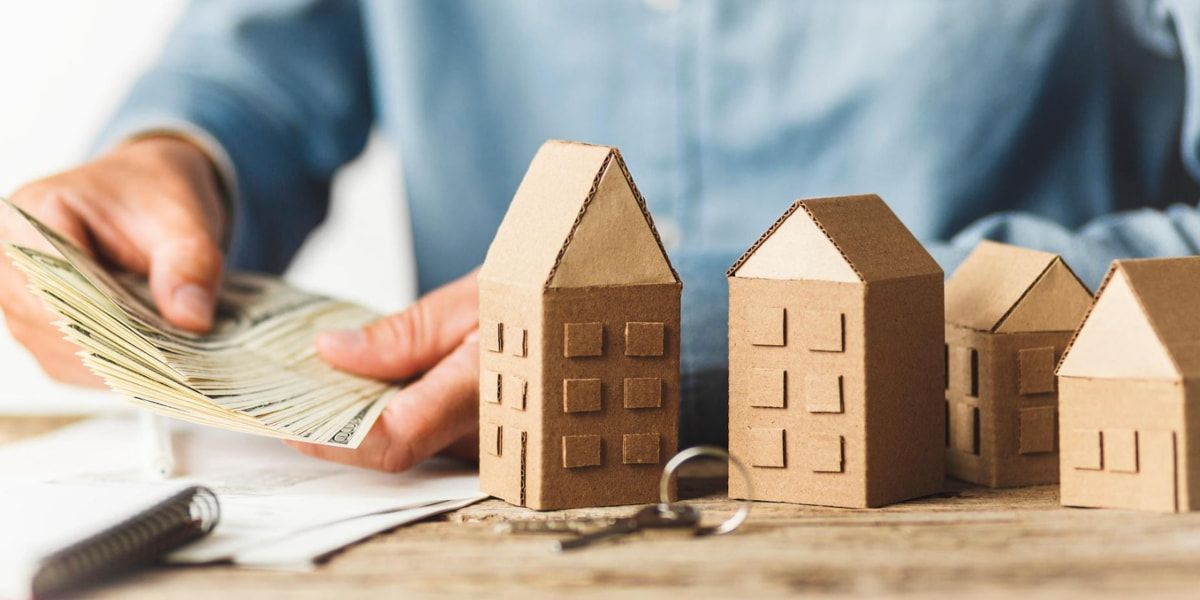How to Upgrade or Buy a New Home Without Breaking the Bank
Upgrading to a new home or buying your first one is an exciting milestone, but it can often come with a hefty price tag. However, just because you want a fresh start doesn’t mean you need to empty your bank account.
With a bit of strategic planning and smart choices, you can secure your dream home without breaking the bank. Here’s how:
Set a Realistic Budget and Stick to It
The first step to
buying a home or upgrading is knowing what you can comfortably afford. It’s easy to get carried away with listings and open homes, but being realistic about your finances is key.
Take into account all expenses, including deposit, stamp duty, legal fees and moving costs. You don’t want to stretch yourself too thin.
Use online calculators to get a clearer picture of your monthly repayments and how they fit into your lifestyle. The rule of thumb is to ensure your
mortgage repayments are no more than 30% of your gross income.
Explore Government Grants and First-Home Buyer Schemes
If you’re a first-time buyer, there are several government programs that can give you a leg up. The First Home Owner Grant (FHOG) is one of the most well-known, providing financial assistance to first-time buyers in some states.
Additionally, first-home buyers can often access stamp duty concessions or exemptions depending on the value of the property and where you live.
Make sure to research what’s available in your state or territory, as these programs can reduce the financial burden and help you secure a property with a lower initial cost.
Consider Areas on the Rise
Location is everything when it comes to real estate. Buying a home in an up-and-coming area can give you more bang for your buck.
Look for suburbs that have potential for growth but are currently more affordable than popular, well-established neighbourhoods.
In addition, consider areas with new infrastructure projects, improved transport links and growing amenities. These often indicate a good place for long-term value growth, meaning you can enjoy the benefits of a larger home in a more spacious area without having to pay top dollar.
Look for Fixer-Uppers or Renovation Opportunities
If you’re willing to put in a little elbow grease, buying a fixer-upper can be a smart way to get a home at a lower price.
Whether it’s a cosmetic renovation or a larger project, buying a home that needs a bit of work can allow you to secure the property for less upfront, and then add value through renovations.
Start by looking for homes that have good bones – these might need some updating, but don’t require major structural changes.
Be sure to get a professional inspection before purchasing to avoid any hidden problems that could cost you more down the track.
Get Pre-Approved and Shop Around for the Best Mortgage Rates
Before you start house hunting, it’s crucial to get pre-approved for a loan. This will give you a clear idea of how much you can borrow and help you avoid the disappointment of falling in love with a property outside your budget.
Once you’re pre-approved, shop around for the best mortgage rates and terms. Don’t settle for the first lender that offers you a loan – different banks and financial institutions can have varying interest rates and fees, which can make a big difference in your long-term financial health.
Consider Smaller Homes or Units
If upgrading to a larger home is more of a stretch than you anticipated, consider downsizing or opting for a unit or townhouse. You can often find great properties in well-located areas without the hefty price tag of a freestanding house.
A smaller home or apartment can still offer the comfort and space you need without the ongoing maintenance costs of a bigger property.
Plus, if you’re comfortable with a slightly smaller living space, it might be an affordable stepping stone to later upgrades when your finances are in better shape.
Negotiate and Be Patient
In a competitive market, it’s tempting to rush into a purchase to avoid missing out, but patience can save you big money. Take your time to negotiate the price and other conditions. In some cases, sellers are willing to drop the price or offer other incentives, like paying for part of the closing costs.
Don’t be afraid to walk away from a deal if it doesn’t meet your financial expectations. There will always be another property that fits within your budget, and by waiting for the right deal, you can avoid stretching yourself financially.
Use a Property Expert
Sometimes, the best investment is in expert help. A good property buyer’s agent can save you time, effort and money by helping you find a home that fits your needs while also negotiating the best possible price. They know the local market and can often access properties before they hit the public listings.
While there is a fee for using a buyer’s agent, their expertise can often save you in the long run, especially when it comes to finding undervalued properties.
Final Thoughts
Upgrading your home or buying a new one doesn’t have to be a financial burden. By being strategic with your budget, researching your options and being patient with the process, you can find a property that fits both your needs and your wallet.
Whether you’re
buying your first home or stepping into something bigger, there are always opportunities to get the most value without breaking the bank.










